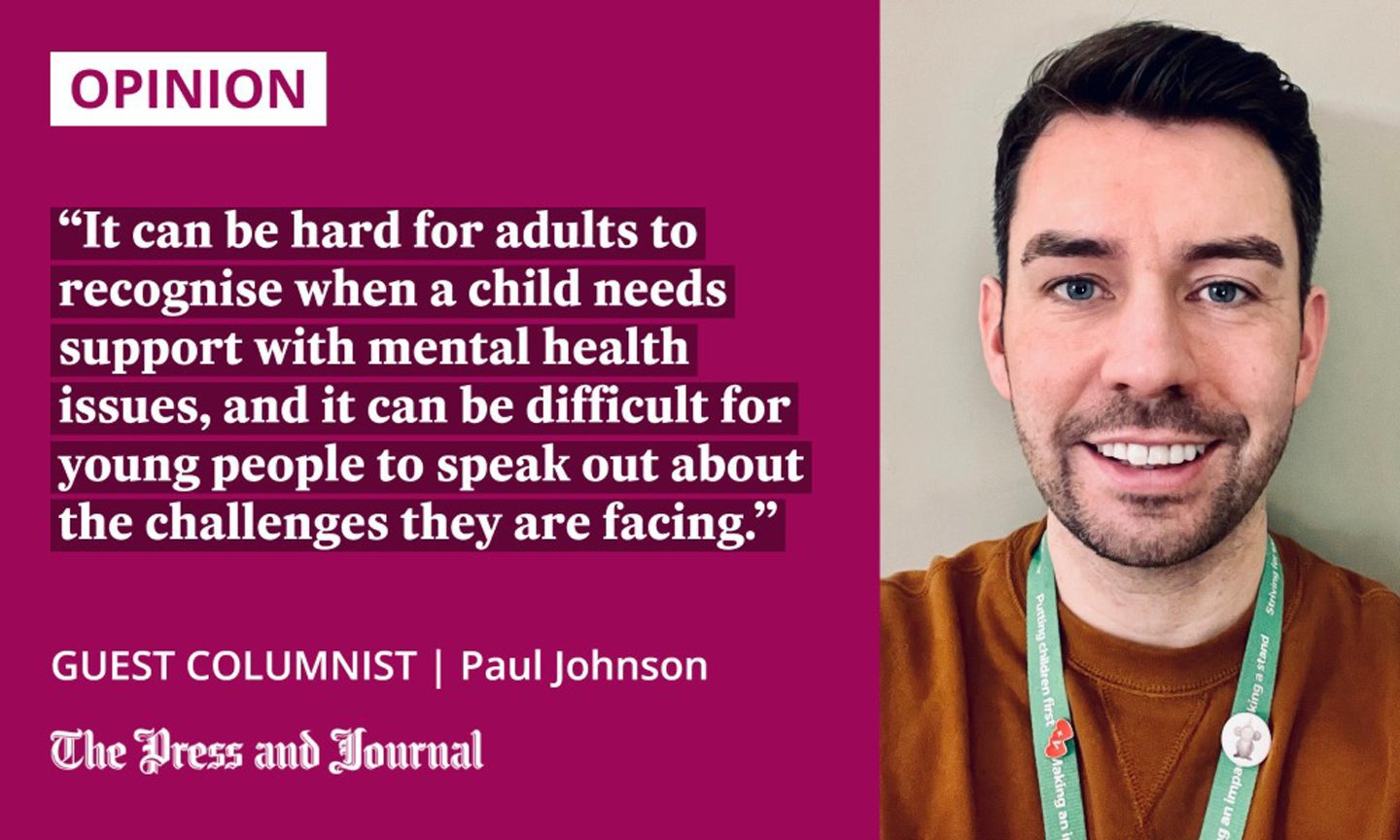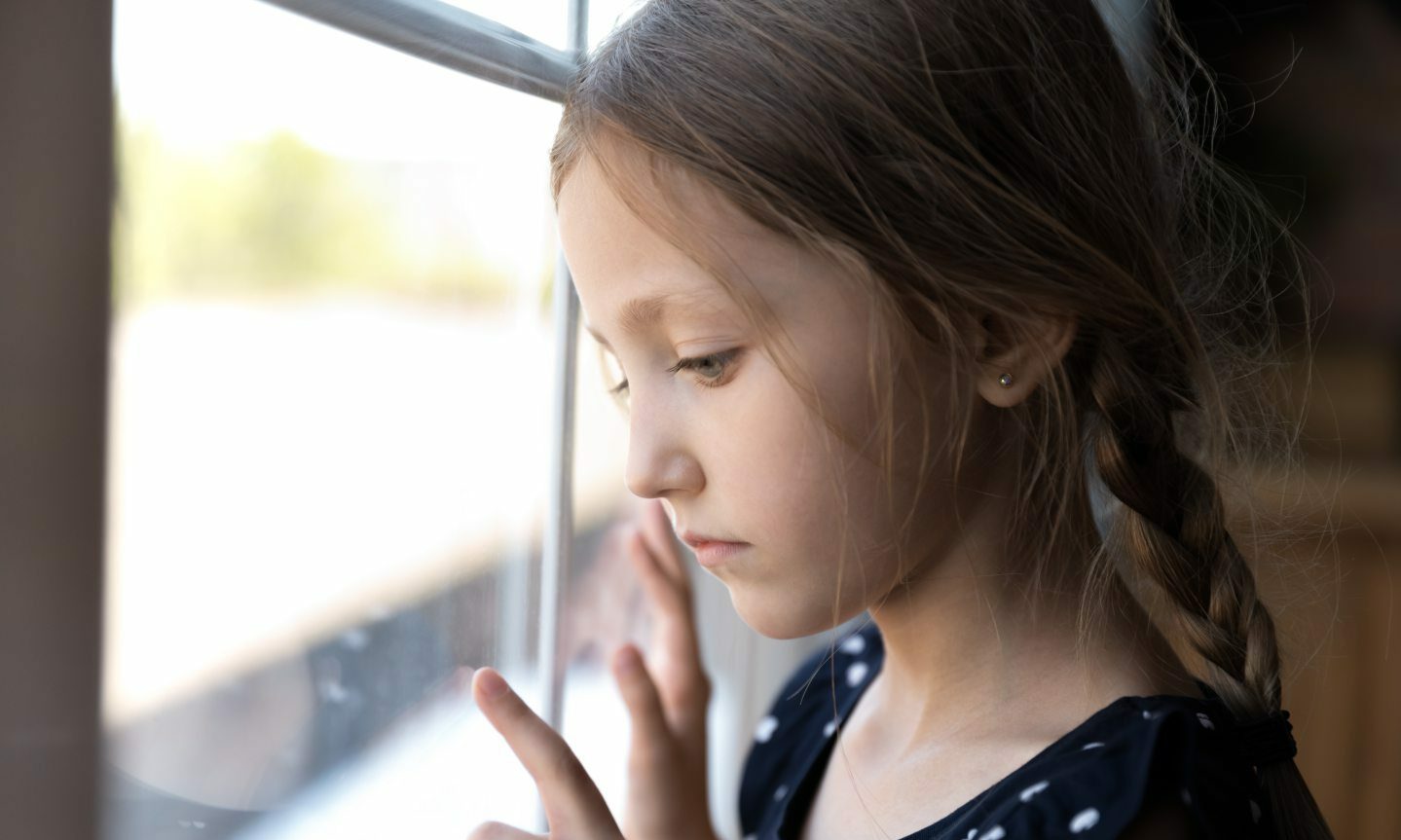A child’s mental health is as important to their safety and wellbeing as their physical health, writes Paul Johnson of Childline.
In January, a combination of post-Christmas blues and cold, long dark nights can affect our mental health as adults, but the mental wellbeing of children and young people can also be impacted.
Their mental health is as important to their safety and wellbeing as their physical health.
It can impact on all aspects of their life, including their education, relationships, and physical wellbeing. The state of a child’s mental health can also change over time, to varying degrees of seriousness, and for different reasons.

Several things can cause these changes, including anxiety, stress, depression, and loneliness. It can be hard for adults to recognise when a child needs support with mental health issues, and it can be difficult for young people to speak out about the challenges they are facing.
So, what can parents and carers do to help prevent children being affected by these things, not just in January, but throughout the year?
Have regular open and honest conversations
Firstly, we would always recommend having regular open and honest conversations with your child about how they are feeling, and anything that might be on their mind. These can be informal chats over a meal, during a TV ad break, or on the way to and from school.
The more common and natural these discussions become, the more your child will be reassured that you are there to help support them, and that they can trust or confide in you if there is something bothering them.
Our most recent Childline Annual Review showed that more than 34,500 counselling sessions across the UK – roughly 14% of all sessions given by our Childline service – were given to children and young people who said the counsellor was the first person they had spoken to about their feelings.
Our counsellors are available 24 hours a day, via phone, one-to-one chat or email, for support if a child doesn’t feel ready to talk to a family member. The Childline website also has a lot of advice and support, including moderated message boards where they can talk to other young people.
Chances are, they will find out they are not alone in feeling this way, and discover how others might have dealt with similar feelings. There are also mindfulness exercises, art tools and much more for them to explore and see what works for them.
It is important to take some time away from the online world, so it could be worth encouraging your child to stay active
It is important to take some time away from the online world, so it could be worth encouraging your child to stay active. Exercise can go a long way to brightening their mood and making a positive difference.
And, as always, there’s more advice and information for parents at nspcc.org.uk regarding further support, this month and beyond.
Paul Johnson is Childline team manager for Scotland, based in Aberdeen


Conversation